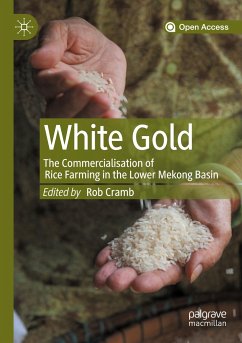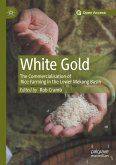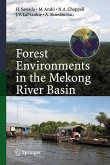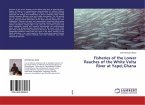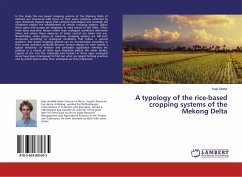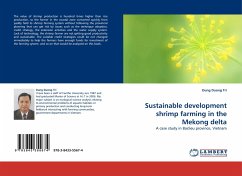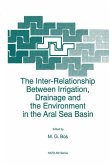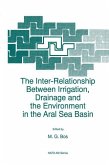This open access book is about understanding the processes involved in the transformation of smallholder rice farming in the Lower Mekong Basin from a low-yielding subsistence activity to one producing the surpluses needed for national self-sufficiency and a high-value export industry. For centuries, farmers in the Basin have regarded rice as "white gold", reflecting its centrality to their food security and well-being. In the past four decades, rice has also become a commercial crop of great importance to Mekong farmers, augmenting but not replacing its role in securing their subsistence. This book is based on collaborative research to (a) compare the current situation and trajectories of rice farmers within and between different regions of the Lower Mekong, (b) explore the value chains linking rice farmers with new technologies and input and output markets within and across national borders, and (c) understand the changing role of government policies in facilitating the on-going evolution of commercial rice farming. An introductory section places the research in geographical and historical context. Four major sections deal in turn with studies of rice farming, value chains, and policies in Northeast Thailand, Central Laos, Southeastern Cambodia, and the Mekong Delta. The final section examines the implications for rice policy in the region as a whole.
Bitte wählen Sie Ihr Anliegen aus.
Rechnungen
Retourenschein anfordern
Bestellstatus
Storno

